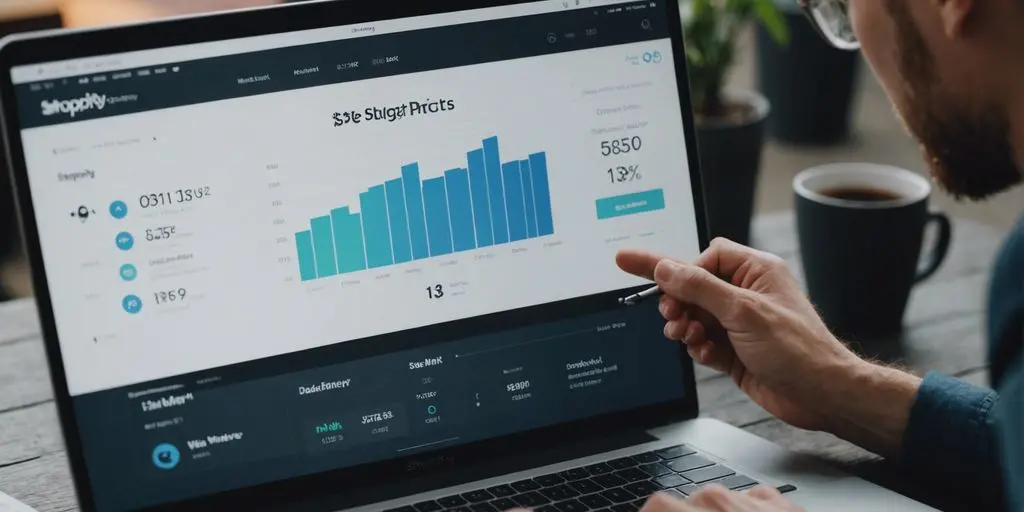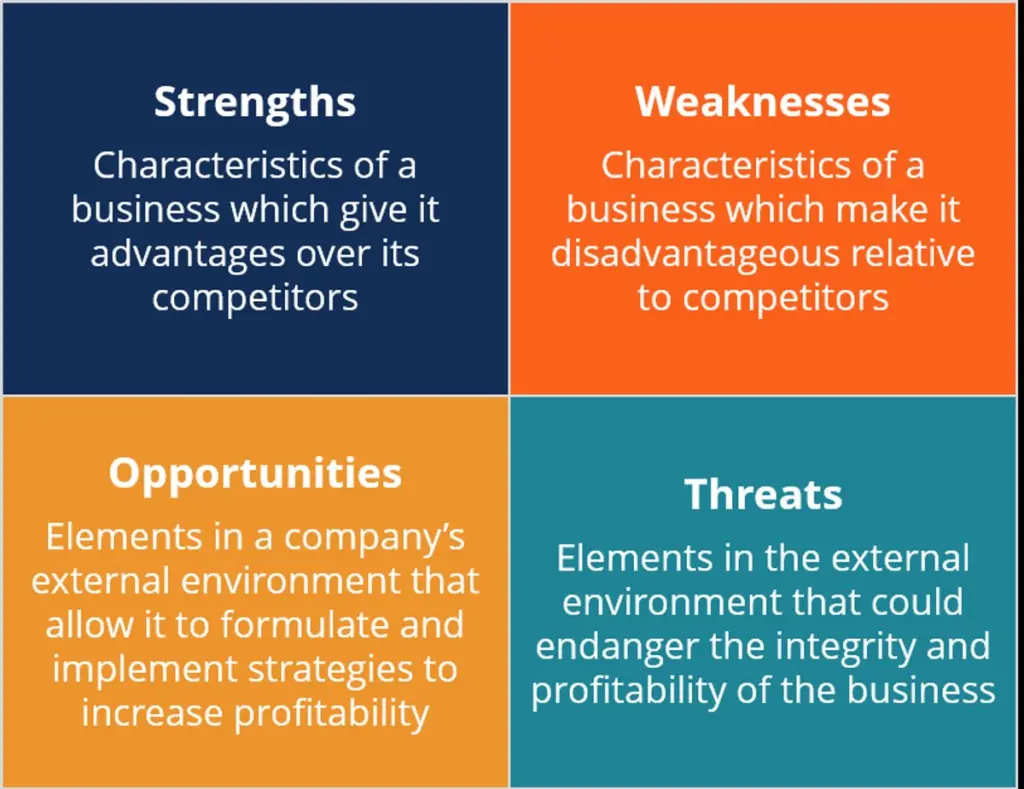Keyword research is the strategic examination of the words and phrases users type into search engines, revealing insights into their needs, desires, and curiosities. By decoding this language, we gain the power to position our content where it matters most: in front of our target audience. In essence, keyword research is the bridge that connects creators to consumers; and keyword research tool is the machine that builds the bridge.
It transforms content from mere words on a page into a responsive and engaging resource that directly addresses what users are seeking. As we embark on this journey through the intricacies of keyword research, we’ll unravel not only its technical aspects but also its practical applications in crafting content around specific user queries.
Table of Contents
ToggleKey Takeaways
- Understand the art of search intent
- Master advanced keyword tactics
- Leverage the power of keyword tools
- Craft content with user queries in mind
- Utilize effective free techniques for keyword research
Unveiling the Magic of Keyword Research Tool

The Art of Search Intent
Diving into the world of Search Intent is like becoming a digital mind reader. It’s all about understanding the ‘why’ behind the searches. Keywords are not just words; they’re the whispers of your audience’s deepest needs. By mastering the art of search intent, using a keyword research tool, you’re not just chasing clicks; you’re building bridges to genuine engagement.
To truly connect with your audience, you must decode the intent behind their searches. This isn’t just about what they type, but what they’re hoping to find.
Here’s a quick rundown on how to get started:
- Brainstorming: Kick off with a brainstorming session. Jot down all the topics that resonate with your niche.
- Related Searches: Use search engines and AI chatbots like ChatGPT as your ally. Explore ‘related searches’ and ‘People also ask’ sections for untapped ideas.
- Google SERP Analysis: Step into the arena of search results. Study the top pages and their approach to addressing search intent.
Remember, it’s not just about matching keywords; it’s about crafting content that satisfies the searcher’s quest. As we move towards AI tech, search engines are evolving to understand not just words, but the context and intent behind them. Make sure your content strategy is ready for this revolution.
Mastering Advanced Keyword Tactics
Once you’ve got the basics down, it’s time to play the keyword chess game with a bit more finesse. Advanced keyword tactics are the knights and bishops in your SEO strategy, moving in ways that can surprise and capture your audience. Here’s how to checkmate the competition:
- Long-tail keyword targeting: Embrace the specificity. Long-tail keywords may have lower search volumes, but they pack a punch in relevance and conversion rates.
- Semantic Keyword Analysis: Understand the context. Search engines are getting smarter, and so should your keyword strategy. Semantic analysis helps you find related terms that enrich your content’s context.
- Competitor Keyword Mining: Keep your friends close and your keywords closer. Analyze what’s working for your competitors and adapt those insights to your advantage.
By incorporating these advanced tactics into your SEO playbook, you’re not just chasing traffic—you’re strategically positioning your content to be found by those who are actively seeking it.
Remember, the goal is to find keywords that are not just popular, but also relevant and focused. They should resonate with your audience’s desires, attracting them like moths to a flame. So, put on your detective hat, dive into the realm of search intent, and prepare to see your content soar.
The Power of Keyword Research Tools
In the quest to dominate the digital landscape, keyword tools are your trusty sidekicks. They’re not just about spitting out data; they’re about unlocking the secrets of audience behavior. With the right tool, you can peer into the minds of your potential customers, understanding their desires and pain points. Here’s how:
- The Classic Google Keyword Planner: Picture this: Google’s own treasure map, the Keyword Planner, not just for ads wizards but for content creators craving a peek into the search psyche. It’s like having a crystal ball, but instead of vague prophecies, you get solid data on what the world is searching for. Free, with a side of Google’s own insights.
- SEMrush – The Swiss Army Knife: SEMrush isn’t just a tool; it’s the Swiss Army knife of the SEO world. Whether it’s keyword espionage, market reconnaissance, or unearthing the goldmine of long-tail keywords, SEMrush does it with a flair. It’s like having a spy satellite that peeks into competitors’ keyword strategies without the risk of international incidents.
- Ahrefs – The Keyword Detective: Ahrefs takes you on a detective quest through the murky waters of search queries, shedding light on the most cryptic of keywords. With its meticulous reports and clues on keyword difficulty, Ahrefs is Sherlock Holmes if he quit solving crimes and took up SEO.
- Moz Keyword Explorer – The Sage: Then there’s Moz Keyword Explorer, the wise sage of keyword research. It doesn’t just throw data at you; it offers wisdom in the form of keyword suggestions, SERP analyses, and difficulty scores. It’s like having a seasoned guide by your side as you navigate the ever-changing landscape of search engine rankings.
Remember, the ideal keyword strategy is a combination of exploration and refining. Use these tools as your compass and shovel to discover hidden treasures and tailor your content to reach the proper audience.
Each tool has its unique charm, but what sets them apart is their ability to guide you through the keyword jungle. With determination and the right tools, you’ll not only survive but thrive, securing your spot at the top of the search engine food chain.
Crafting Content with User Queries in Mind

Decoding User Language
In the quest to connect with our audience, we must become linguistic detectives, piecing together the puzzle of search queries. Understanding the purpose behind a term is as crucial as the keyword itself. It’s about uncovering the user’s implicit inquiry—whether they’re on a hunt for information, making comparisons, seeking reviews, or ready to make a purchase. By decoding this language, we gain the power to tailor our content to their needs, significantly increasing the chances of engagement and conversion.
To master this art, consider the following steps:
- Context is Key: Grasp the specific needs and intents of your audience associated with the fuscous keyword.
- Address User Queries: Craft content that directly responds to user questions, providing valuable and relevant information.
- Create High-Quality, Comprehensive Content: Ensure your content is not only informative but also engaging and comprehensive.
By strategically examining the words and phrases users type into search engines, we reveal insights into their needs, desires, and curiosities. This is the bridge that connects creators to consumers, transforming content from mere words on a page into a responsive and engaging resource.
Effective Free Techniques for Keyword Research Tool
Feeling overwhelmed by the keyword jungle? Fear not, digital explorers! Free and powerful keyword research tools are at your fingertips, ready to guide you through the thicket without costing a dime. Here’s a quick guide to conquering the keyword wilderness with zero budget:
- Google Autocomplete: Type a seed keyword into Google’s search bar and watch as it magically suggests popular search queries. This is like having a crystal ball that reveals what your audience is searching for.
- Answer The Public: A treasure trove of questions and prepositions related to your keywords. It’s like an oracle for understanding user intent.
- Google Trends: Keep your content relevant by riding the wave of trending topics. It’s like having a time machine for content planning.
By employing these free tools, you’re not just saving money; you’re investing in a deeper understanding of your audience.
Remember, good keyword research tool is a continuous process monitoring. We need to stay curious, adapt, and keep exploring the ever-changing world of search. The future of digital marketing involves ethical considerations, adapting to new platforms and trends, and staying updated on trends to provide value and build trust among followers.
Conclusion
In essence, keyword research tool is the maker of the bridge that connects creators to consumers. It transforms content from mere words on a page into a responsive and engaging resource that directly addresses what users are seeking. As we embark on this journey through the intricacies of keyword research tool, we’ll unravel not only its technical aspects but also the art of crafting content around specific user queries.
By following these guidelines and emphasizing quality, relevance, and continual development, you can harness the power of free keyword research to attract the correct audience to your content, brand, or company. Remember that good keyword research is a continuous process, so be interested, adapt, and continue to explore the ever-changing world of search.
FAQs
What is keyword research tool and why is it important?
Keyword research tool is an automated machine that examine the words and phrases users type into search engines, revealing insights into their needs, desires, and curiosities. It is important because it helps creators understand their audience’s search behavior, enabling them to position their content effectively.
How can keyword research tool help in crafting content?
Keyword research tool helps in crafting content by providing insights into user queries and search intent. It allows creators to create material that directly addresses what users are seeking, establishing themselves as the ultimate answer machine.
What are some effective free techniques for keyword research?
Effective free techniques for keyword research include utilizing the power of search recommendations, analyzing user intent, and using community-driven insights to find appropriate keywords.
What are the benefits of using keyword research tool for content creation?
Using keyword research tool for content creation helps in uncovering hot subjects, identifying rival keywords, monitoring keyword rankings, and creating content ideas from actual search data. It also assists in prioritizing keywords based on strategic importance.
How can keyword research tool helps in targeting the correct audience?
Keyword research tool helps in targeting the correct audience by revealing insights into the language and queries used by the target audience. It enables creators to position their content where it matters most and attract the right audience.
What are some advanced keyword research strategies for discovering hidden traffic gems?
Some advanced keyword research strategies include mastering advanced tactics to reveal hidden traffic jewels, using tools to narrow focus and dominate the niche, and leveraging long-tail variants and search trends to uncover untapped prospects.








































































































